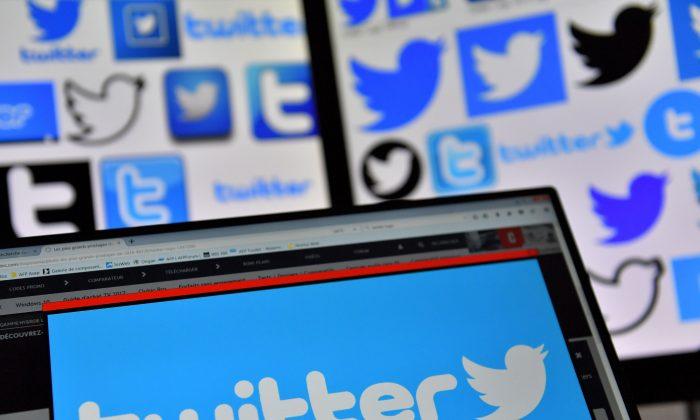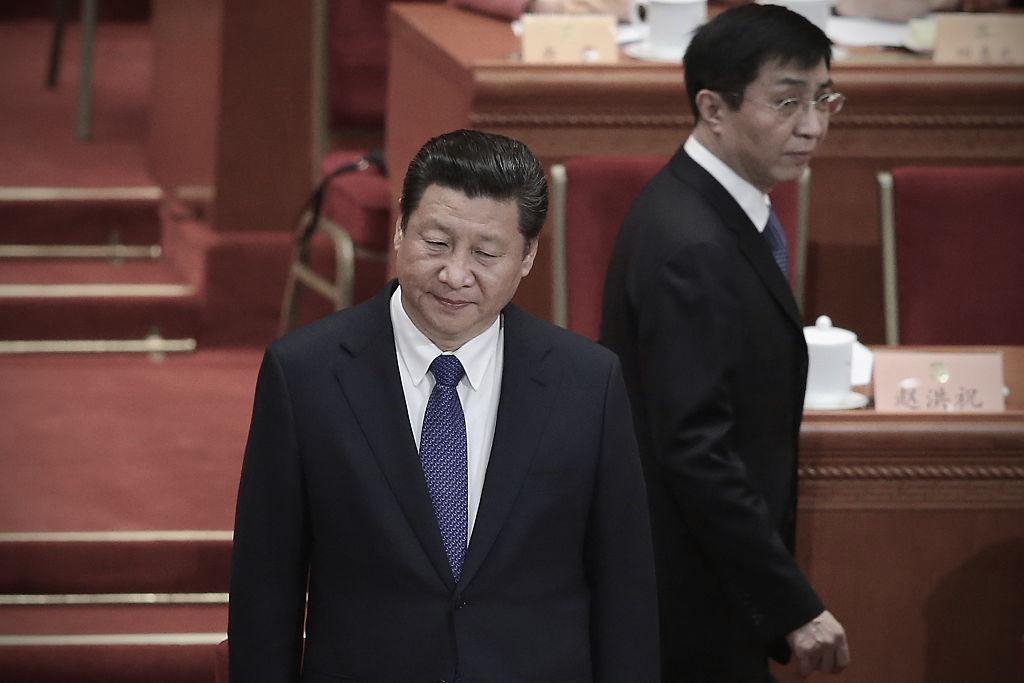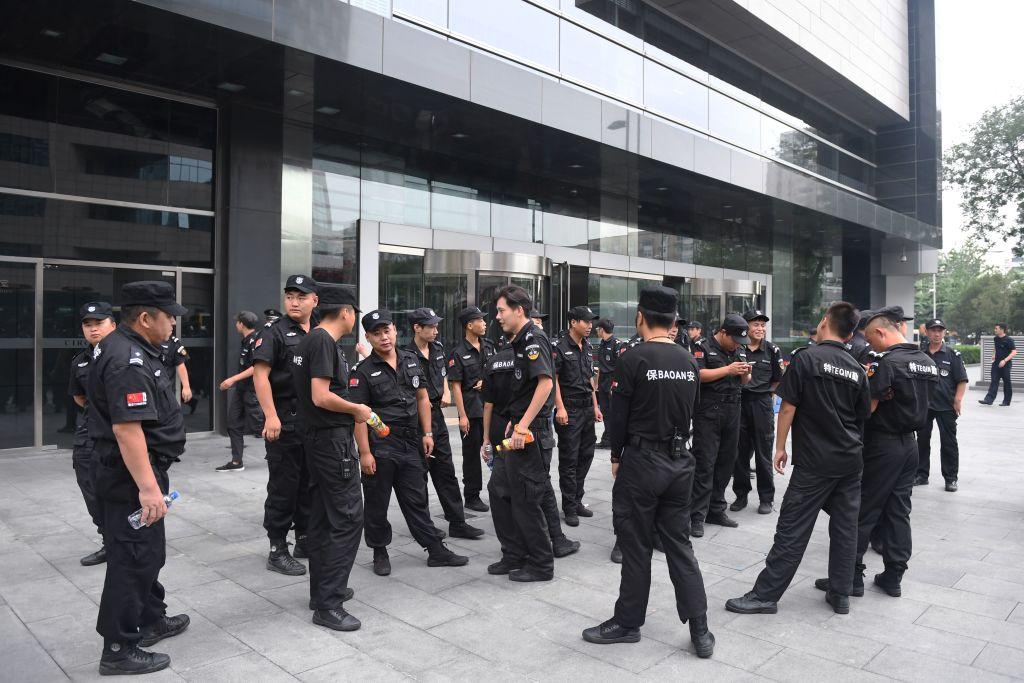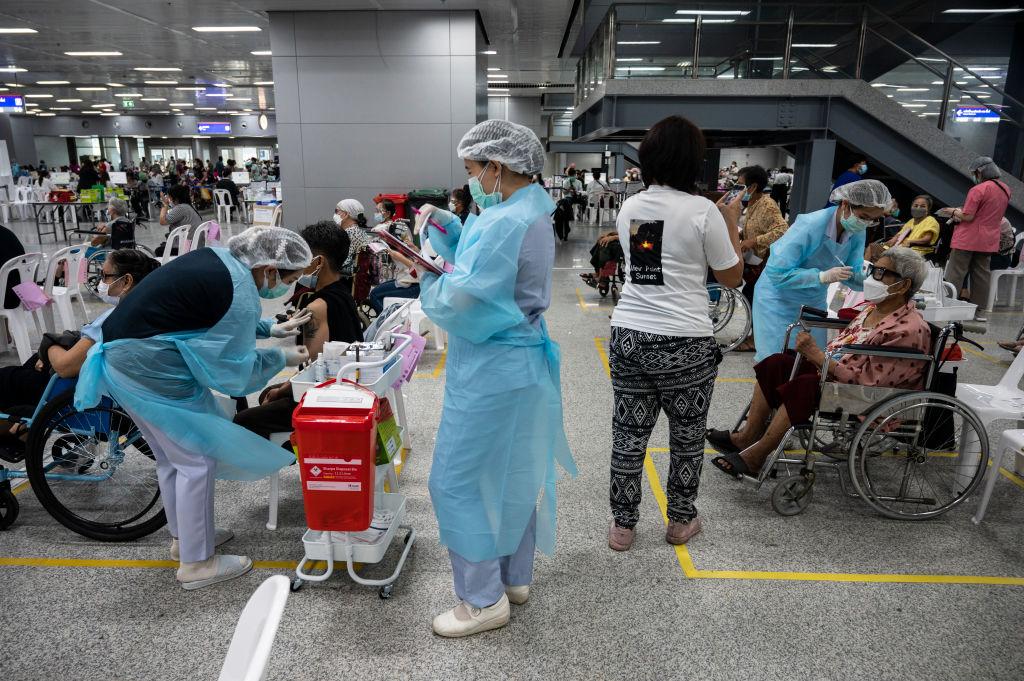Just days before one of the most sensitive anniversaries in China, Twitter suspended a host of Chinese-language accounts, many of which identified as “anti-CCP [Chinese Communist Party],” in what the company said was an accident.
The action, which some say may have affected more than 1,000 accounts, occurred overnight between May 31 and June 1. It drew heavy criticism from China commentators on the platform, with many speculating that the timing of the suspensions three days before the 30th anniversary of the Tiananmen Square massacre was more than a coincidence.
On May 31, many Chinese dissidents, rights lawyers, activists, college students, and ordinary netizens reported that they had lost access to their Twitter accounts. While Twitter is banned in China, many netizens circumvent the internet blockade to use the platform.




